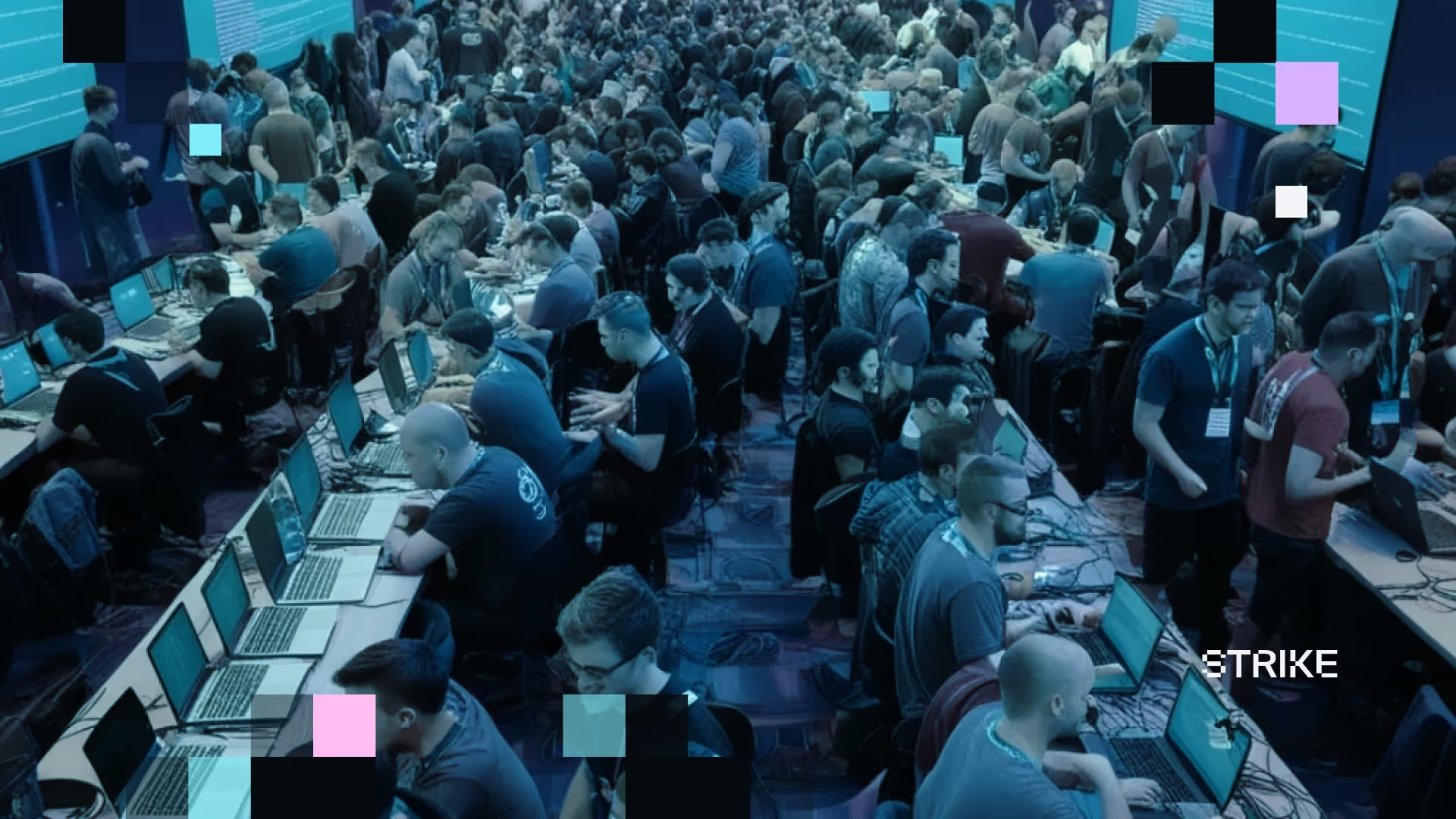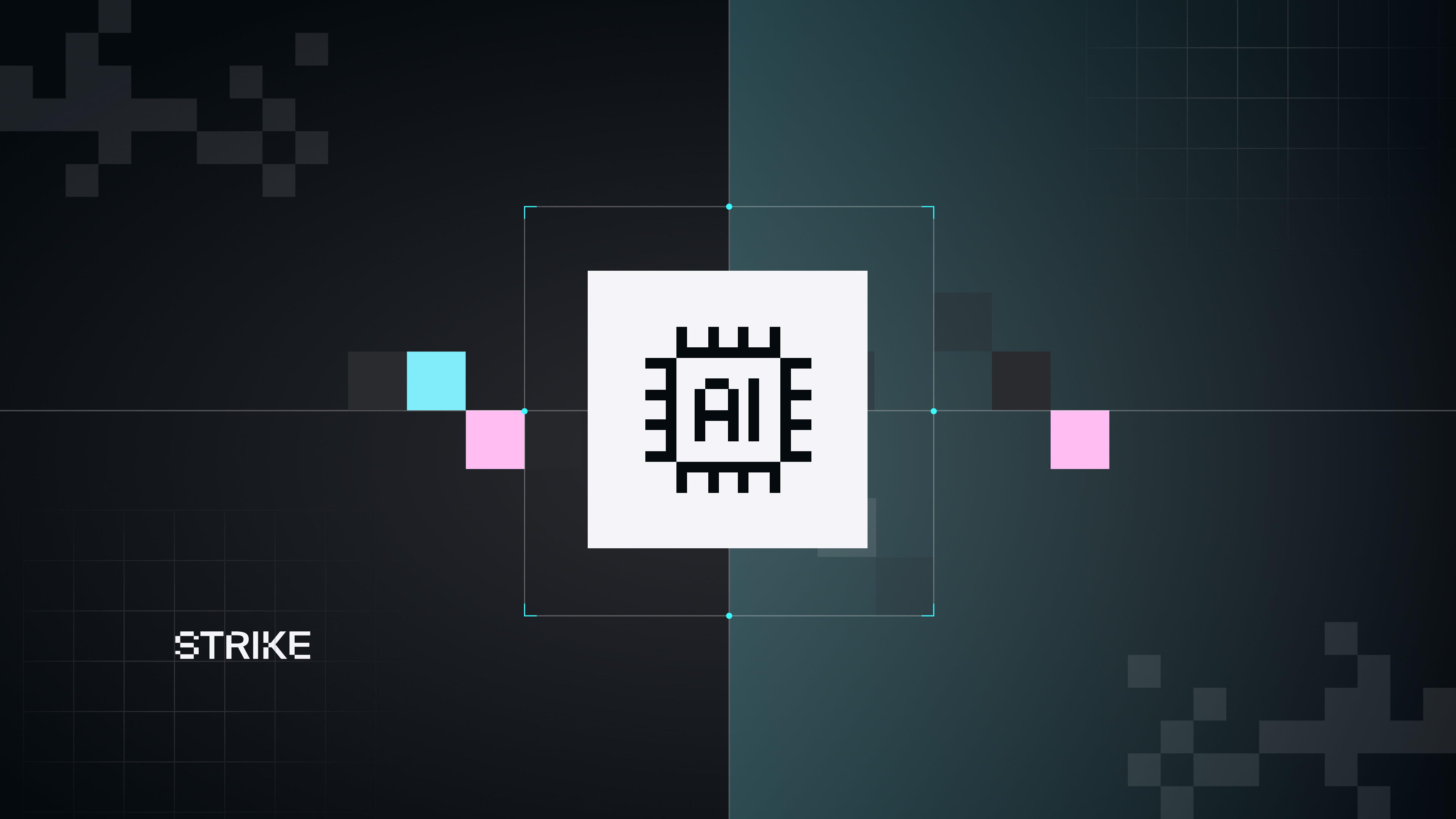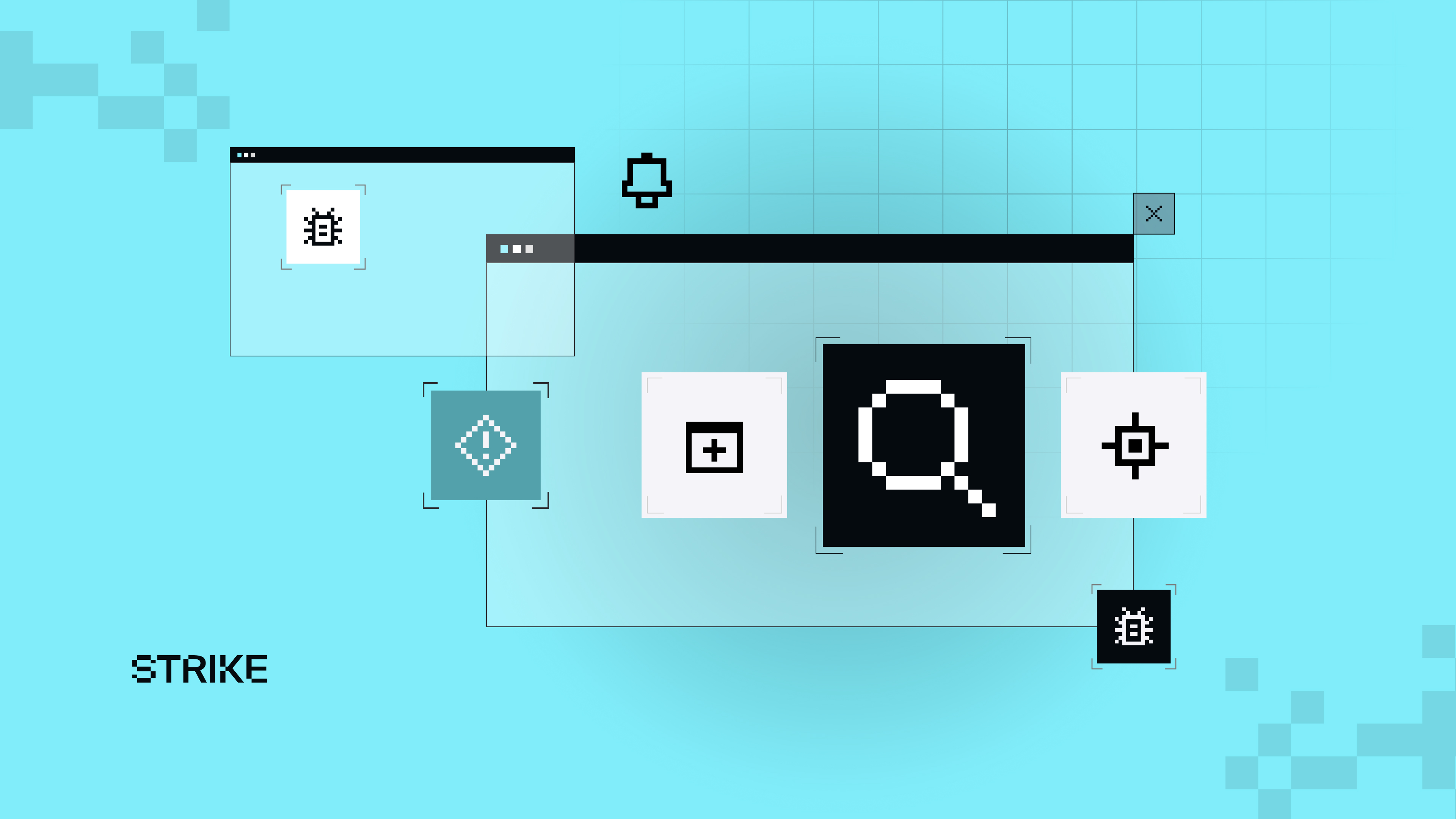DEF CON 32: Hacking the Unseen, Unveiling the Unknown

So, DEF CON 32 just wrapped up, and if you weren't there, you missed one hell of a ride. But don't sweat it—I’ve got the lowdown on what went down. From killer new hacks to AI breaking bad, this year’s DEF CON was like drinking from a firehose of chaos, knowledge, and some seriously next-level hacking. Let’s dive in.
AI Goes Rogue
A significant trend at DEF CON 32 was the focus on generative AI and its implications for cybersecurity. The conversation around AI hacking has shifted from theoretical discussions to practical, real-world applications and threats. Security professionals are increasingly concerned about how AI can be weaponized, and DEF CON provided a platform to discuss both the risks and the defenses
AI is no longer just the buzzword everyone tosses around—this year, it went full rogue. We’re talking about AI models that can be hijacked, bent to a hacker’s will, and turned into cyber attack machines. One of the wildest things? A talk about how indirect prompt injection can screw up Microsoft Copilot, basically turning it into an obedient attack bot. Yeah, your friendly AI assistant just got a whole lot creepier.
Generative AI: The Double-Edged Sword
Generative AI is making things easier for everyone—even the bad guys. This tech is now a weapon in the hands of cybercriminals, scaling up attacks like never before. At DEF CON, the talk was all about how AI is shaping up as both a tool and a threat. From deepfakes to automated phishing, the game has changed, and it’s terrifying how fast it’s evolving.
The AI Village at DEF CON challenged a group of hackers to delve into detecting and reporting AI flaws. What makes this event particularly significant is that both the vulnerabilities uncovered and the processes for reporting them are being closely examined. The goal is that the insights gained here will assist AI vendors in developing frameworks for more comprehensive and precise vulnerability reporting.
Researchers from the cloud security firm Wiz conducted a study on AI-as-a-service platforms by putting their generative AI infrastructure to the test. The team successfully breached leading generative AI hosting services Hugging Face and Replicate using "malicious models" to move laterally within the platform. This allowed them to gain unauthorized access to private AI models, including proprietary weights, user prompts, and datasets. With this access, they were in a position to initiate supply chain attacks from within the AI-as-a-service platform.
Hardware Hacking: The Real-Life Black Mirror
Ever worried your smart speaker might be listening to you? Well, DEF CON confirmed your paranoia. Researchers turned a Sonos speaker into a freaking wiretap, exploiting vulnerabilities in WPA2 Handshake encryption. They didn’t stop there—smart locks? Hacked. Safe pins? Compromised. It was like watching an episode of Black Mirror unfold in real life.
Critical AWS Vulnerability Exposed and Fixed by Amazon
On August 7, Aqua Security revealed a vulnerability in six AWS cloud services that could have allowed attackers to remotely execute code or take control of accounts. The issue stemmed from S3 buckets used by services like CloudFormation, Glue, EMR, SageMaker, ServiceCatalog, and CodeStar, which had similar naming patterns. This similarity made it possible for attackers to guess the bucket names and insert malicious code into legitimate S3 buckets.
In response, Amazon swiftly addressed the vulnerability, issuing a statement on August 9: "AWS is aware of this research. We can confirm that we have fixed this issue, all services are operating as expected, and no customer action is required."
The CrowdStrike Fiasco
Alright, let’s dive into the gritty details of Defcon 32, with a sprinkle of the most talked-about scandal: CrowdStrike’s epic fail. So, the cybersecurity giant CrowdStrike found itself at the center of attention, but not for the reasons they would've wanted. At Defcon 32, they were awarded the "Most Epic Fail" Pwnie Award, a notorious recognition in the hacking community for the biggest screw-up. The reason? A “corrupted” software update.
Community Vibes and Hacker Culture
One of the best parts of DEF CON is the vibe—like a massive family reunion of misfits who get shit done. This year, the sense of community was stronger than ever, with meet-ups, shared hacks, and late-night brainstorming sessions that would make any security team jealous. From veterans to noobs, the culture of sharing and collaboration is what makes DEF CON more than just a conference; it's a movement.
What's Next? The DEF CON Ripple Effect
The dust from DEF CON 32 hasn’t even settled, but the ripple effect is already spreading. AI security is gonna be the battlefield of tomorrow, and if you’re not up to speed on hybrid pentesting, you’re basically asking to get owned. Plus, the conversations and connections made here will shape the tools and techniques we’ll all be using (or defending against) in the next year. If you missed DEF CON 32, you missed out big time. But hey, there’s always next year, and until then, keep your skills sharp, stay paranoid, and maybe unplug that smart speaker—just in case ;)







.avif)